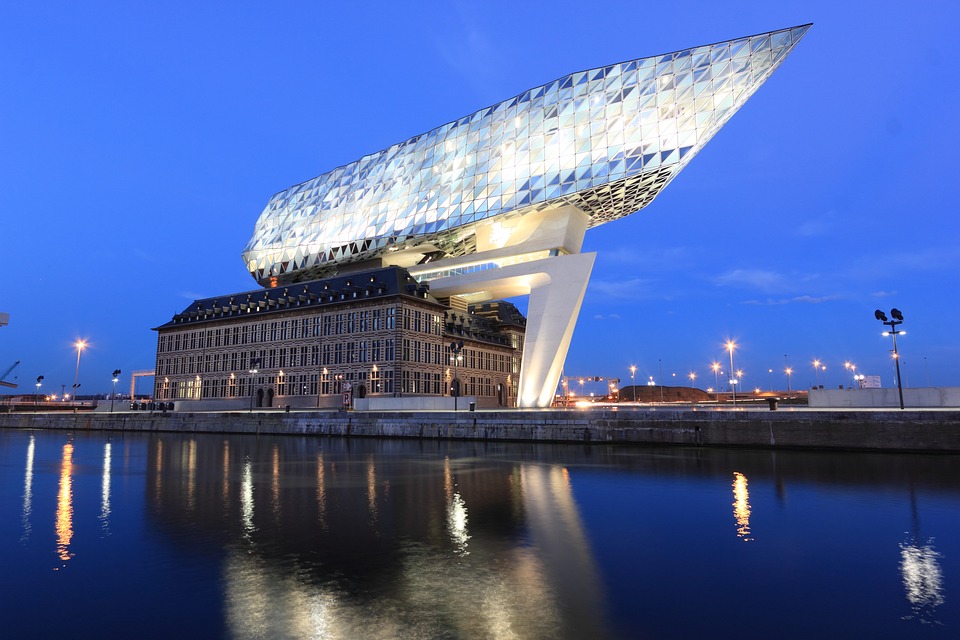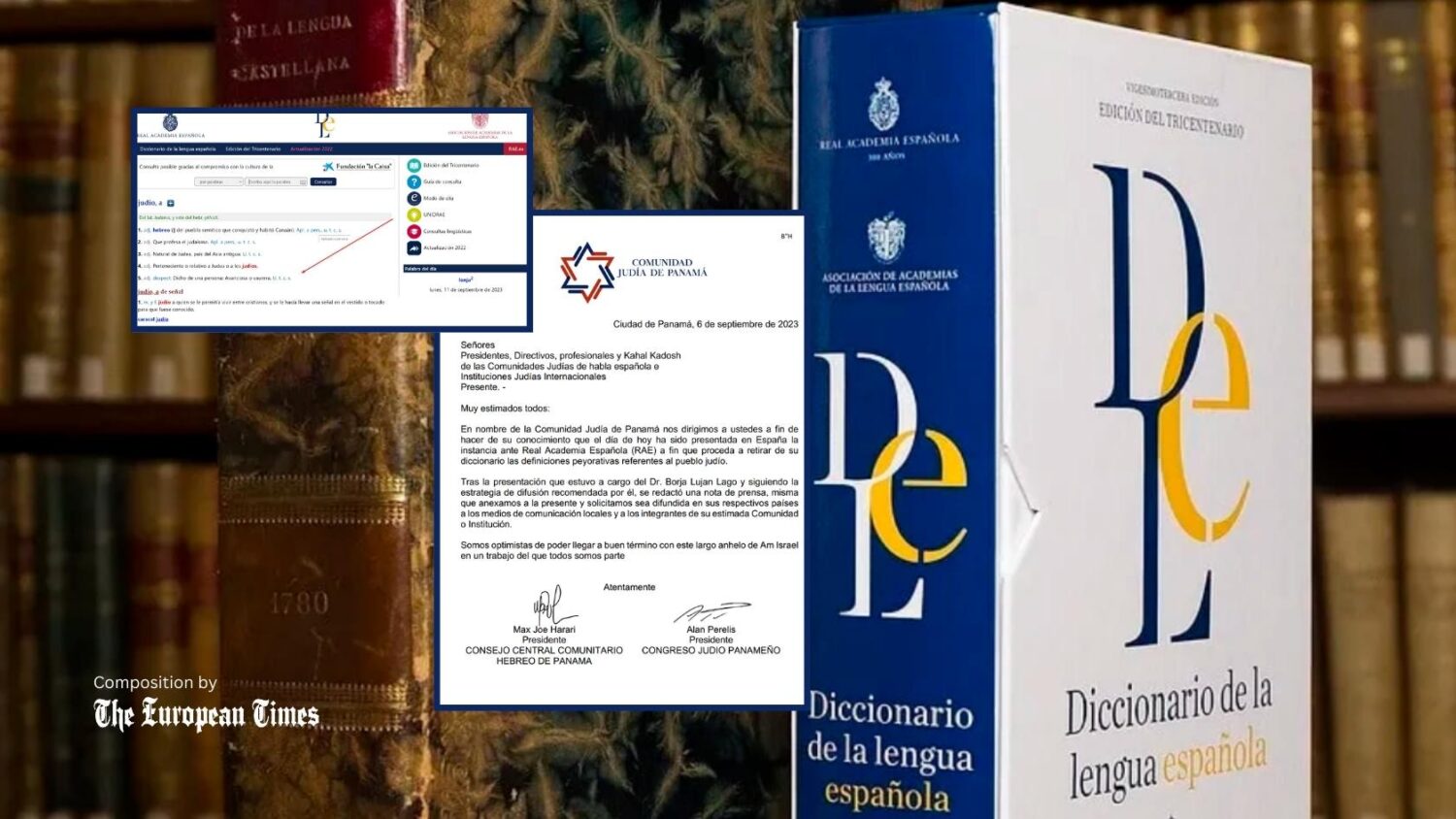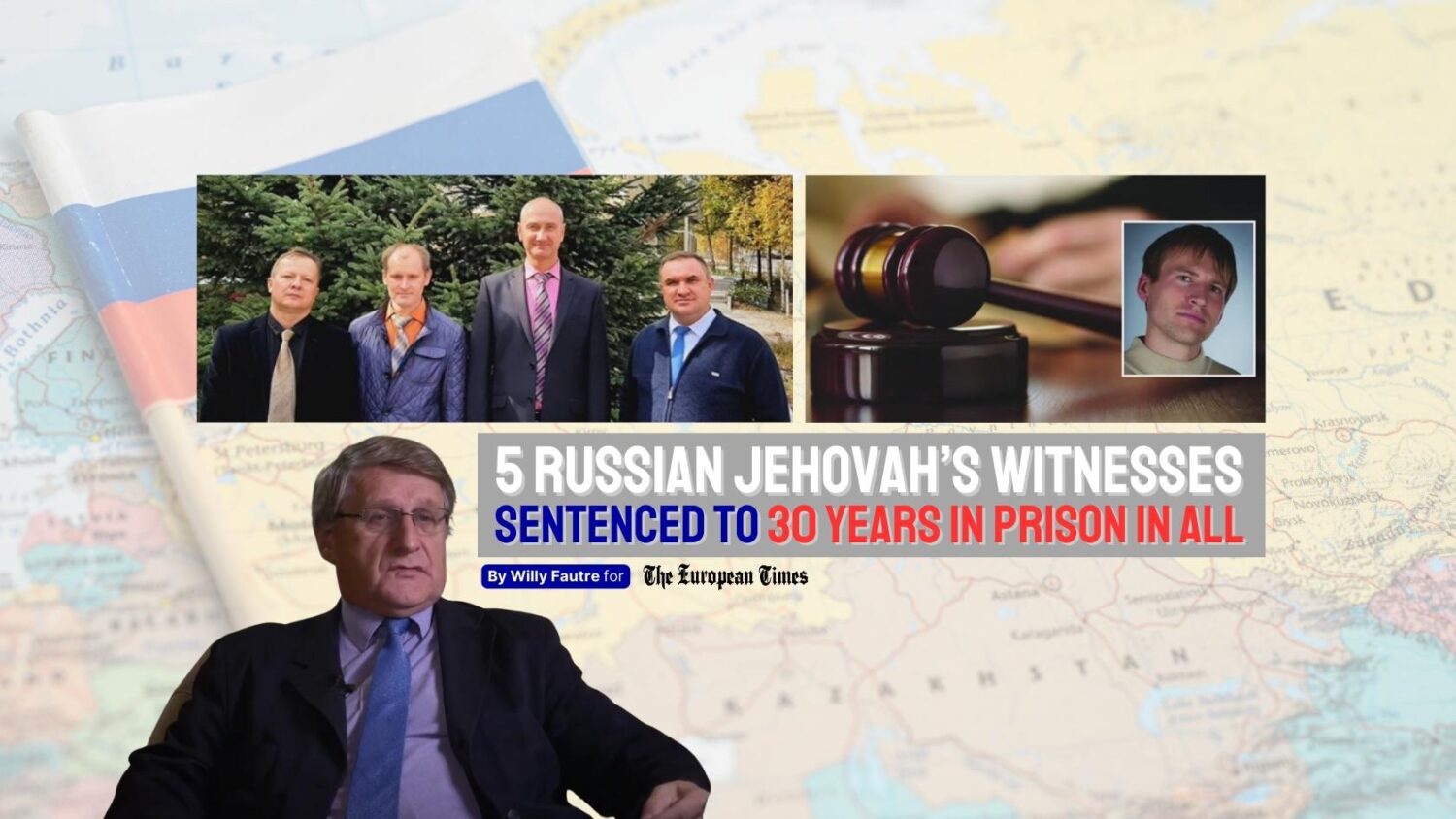“The frequency and intensity of war crimes and crimes against humanity has only increased in recent months,” said Nicholas Koumjian, head of the investigation team, formally known as the Independent Investigative Mechanism for Myanmar (IIMM).
‘Brazen bombings’
Addressing the forum in Geneva, he described even “more brazen aerial bombings and indiscriminate shelling, resulting in the deaths of innocent civilians including children. We have also seen increased executions of captured combatants and civilians and intentional burnings of homes and villages.”
Listing a series of further violations including torture, sexual violence and arrests, Mr.Koumjian highlighted the lack of due process and accountability for war crimes, particularly within the Myanmar military.
The development follows an appeal from UN Secretary-General António Guterres to Myanmar’s military rulers who seized power in a coup on 1 February 2021 to “listen to the aspirations of its people, release all political prisoners, and open the door to a return to democratic rule”.
Evidence and information
“We continue to face the challenge of not having access to Myanmar. Our repeated requests for information and access have been ignored by the military authorities,” Mr. Koumjian told the Human Rights Council.
Delegations including the European Union, Finland, Canada and Costa Rica condemned the violence, while numerous other countries urged the military junta to allow the IIMM access to the country.
Among the Council’s 47 Member States, China, Iran and Russia underscored the principle of national sovereignty regarding external intervention.
Despite a lack of physical access to Myanmar, the head of the investigation team highlighted the unprecedented and unanticipated level of information that had been collated – facilitated by witnesses as well as modern technology.
“None of our work would be possible without the courage and commitment of the many individuals and organizations that provide us with information,” Mr. Koumjian said.
We understand this Council did not create our Mechanism to simply place evidence in storage,” he continued, emphasising that the evidence has been shared with the International Court of Justice (ICJ), the International Criminal Court (ICC) and in Argentina where international criminal proceedings are ongoing, surrounding crimes against the Rohingya.
Persecuted minority
The Mechanism continues to actively investigate the violence that led to the large-scale displacement of the Rohingya from Myanmar in 2016 and 2017.
“We have collected compelling evidence of the widespread burning of Rohingya villages and the assaults and killings of civilians. I have been particularly horrified by the numerous accounts of sexual crimes that we have collected,” Mr. Koumjian told the Council.
Just last month, UN human rights chief Volker Türk marked the sixth anniversary of the start of a massive offensive by Myanmar’s military against the mainly Muslim minority in Rakhine state, reiterating the call for justice after hundreds of thousands of Rohingya were driven from their homes by security forces.
Some 10,000 Rohingya men, women, children and newborns are believed to have been killed, with more than 300 villages burnt to the ground and over 700,000 forced to flee to Bangladesh in search of safety, joining tens of thousands who fled earlier persecutions.
On Monday at the Council, countries including Bangladesh echoed Mr. Türk’s earlier call for a sustainable return for the Rohingya to their homeland.
“The Myanmar people are suffering deeply from the effects of these ongoing horrific crimes,” Mr. Koumjian said. “I would like them to know that the Mechanism is committed to pursuing justice for them and focusing all our efforts to ensure that the perpetrators will one day be held to account.”
The investigators
The Myanmar investigation team was created by the UN Human Rights Council in 2018 and became operational in August the following year.
Its mandate is to collect evidence of the most serious international crimes and violations of international law and prepare files for criminal prosecution, making use of the information handed over to it by the Independent International Fact-Finding Mission on Myanmar.
The Mechanism is composed of impartial and experienced professional and administrative personnel. It does not have its own police force nor its own prosecutors or judges.














